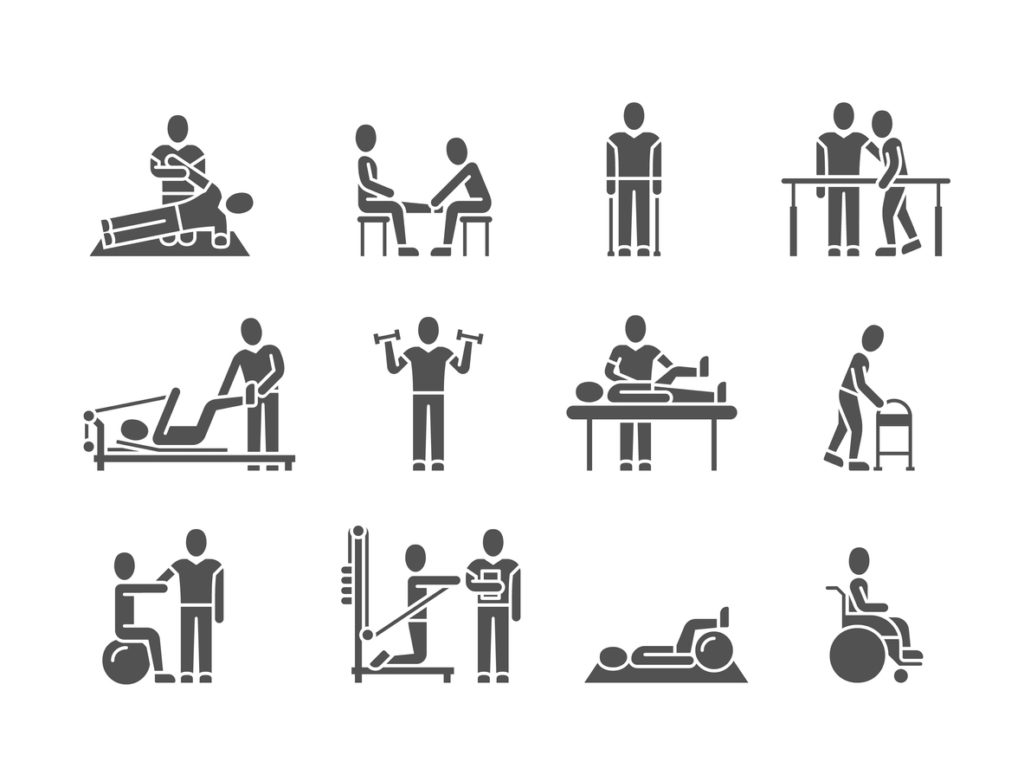Purpose
The Look AHEAD study is a multicenter, randomized clinical trial to examine the long-term effects of a lifestyle intervention designed to achieve and maintain weight loss. The study will investigate the effects of the intervention on heart attacks, stroke and cardiovascular-related death in individuals with type 2 diabetes who are also overweight or obese.
Condition:
– Diabetes
– Myocardial Infarction
– Stroke
– Kidney Diseases
– Bone Diseases
– Dyslipidemia
Purpose The Look AHEAD study is a multicenter, randomized clinical trial to examine the long-term effects of a lifestyle intervention designed to achieve and maintain weight loss. The study will investigate the effects of the intervention on heart attacks, stroke and cardiovascular-related death in individuals with type 2 diabetes who are also overweight or obese. Condition: – Diabetes- Myocardial Infarction- Stroke- Kidney Diseases- Bone Diseases- Dyslipidemia Study Type: InterventionalStudy Design: Treatment, Open Label Official Title: Look AHEAD: Action for Health in DiabetesFurther Study Details: Research has shown that weight loss has many short-term benefits, such as improvements in blood pressure, but we do not know if attempts to lose weight over the long term are beneficial. Some studies even suggest that losing weight may lead to health problems such as gall bladder disease and bone loss. Look AHEAD will help us understand the long-term effects of weight loss on health, and see if it helps reduce heart attacks and strokes. We hope to learn the long-term benefits and risks of a program designed to achieve and maintain weight loss. The study will consist of two groups of volunteers. One group will be asked to eat fewer calories and increase their physical activity. This group will be compared to a second group who will receive diabetes support and education. Both groups will receive medical monitoring. In addition to heart attacks and stroke, Look AHEAD will study the effects of the interventions on other factors relating to heart disease, on diabetes control and complications, and on relative costs and quality of life associated with the interventions. Overall, this study will help doctors in the future in advising their patients who have diabetes about losing weight. About 5,000 men and women in 19 cities around the country will take part in the study. The study will last 9 to 11.5 years: the length of time will depend on when the individual starts the study. Eligibility Ages Eligible for Study: 55 Years – 75 Years, Genders Eligible for Study: Both Criteria Inclusion Criteria:Type 2 diabetes Overweight BMI of 25 kg/m2 or greater If on insulin, BMI of 27 kg/m2 or greater Blood pressure less than 160/100 mmHg HbA1c less or equal to 11% Triglycerides less than 600 mg/dl Willingness to participate Exclusion Criteria:Unable or unwilling to give informed consent or communicate with local study staff. Current diagnosis of schizophrenia, other psychotic disorders, or bipolar disorder. Hospitalization for depression in past six months. Self-report of alcohol or substance abuse within the past twelve months. Current consumption of more than 14 alcoholic drinks per week. Current acute treatment or rehabilitation program for these problems. Plans to relocate to an area not served by Look AHEAD or travel plans that do not permit full participation in the study. Lack of support from primary care health provider or family members. Failure to complete the two-week run-in for dietary intake and exercise. Weight loss exceeding 10 lbs. in past three months. Current use of medications for weight loss. Self reported inability to walk two blocks. History of bariatric surgery, small bowel resection, or extensive bowel resection. Chronic treatment with systemic corticosteroids. Another member of the household is a participant or staff member in Look AHEAD. Currently pregnant or nursing. Cancer requiring treatment in the past five years, except for non-melanoma skin cancers or cancers that have clearly been cured. HIV positive (self-report), due to effects on weight and body composition of HIV and medications used to treat HIV. Active tuberculosis (self-report). Cardiovascular disease (heart attack or procedure within the past three months). Participation in a cardiac rehabilitation program within last three months. Stroke or history/treatment for transient ischemic attacks in the past three months. Pulmonary embolus in past six months. Unstable angina pectoris or angina pectoris at rest. A history of cardiac arrest. Complex ventricular arrhythmia at rest or with exercise (e.g., ventricular tachycardia). Uncontrolled atrial fibrillation (heart rate of 100 beats per minute or more). NYHA Class III or IV congestive heart failure. Acute myocarditis, pericarditis or hypertrophic myocardiopathy. Clinically significant aortic stenosis. Left bundle branch block or cardiac pacemaker unless evaluated and cleared for participation by a cardiologist. Cardiac defibrillator. Heart transplant. History of aortic aneurysm of at least 7 cm in diameter or aortic aneurysm repair. Resting heart rate less than 45 beats per minute or greater than 100 beats per minute. Any abnormality during the maximum exercise stress test that indicates that it would be unsafe to participate in the Lifestyle Intervention. Angina pectoris. Significant ST segment depression at low levels of exercise. Exercise induced ventricular arrhythmias. Abnormal hemodynamics, such as flat or decreasing systolic blood pressure with increasing workload. Those at moderate to high risk for cardiac complications during exercise. Those who are unable to self-regulate activity or understand the recommended activity level. Renal disease or dialysis. Chronic obstructive pulmonary disease that would limit ability to follow the protocol. Self-reported chronic hepatitis B or C or cirrhosis. Inflammatory bowel disease requiring treatment in past year. Cushing’s syndrome. Acromegaly. Amputation of lower limbs as result of non-traumatic causes. Any major organ transplant. Expected Total Enrollment: 5000 (Source/Sponsers: National Institute of Diabetes and Digestive and Kidney Diseases (NIDDK)National Heart, Lung, and Blood Institute (NHLBI), National Institute of Nursing Research (NINR),National Center on Minority Health and Health Disparities (NCMHD), Office of Research on Women’s Health (ORWH) March 2004)
All content and media on the HealthEngine Blog is created and published online for informational purposes only. It is not intended to be a substitute for professional medical advice and should not be relied on as health or personal advice. Always seek the guidance of your doctor or other qualified health professional with any questions you may have regarding your health or a medical condition. Never disregard the advice of a medical professional, or delay in seeking it because of something you have read on this Website. If you think you may have a medical emergency, call your doctor, go to the nearest hospital emergency department, or call the emergency services immediately.







